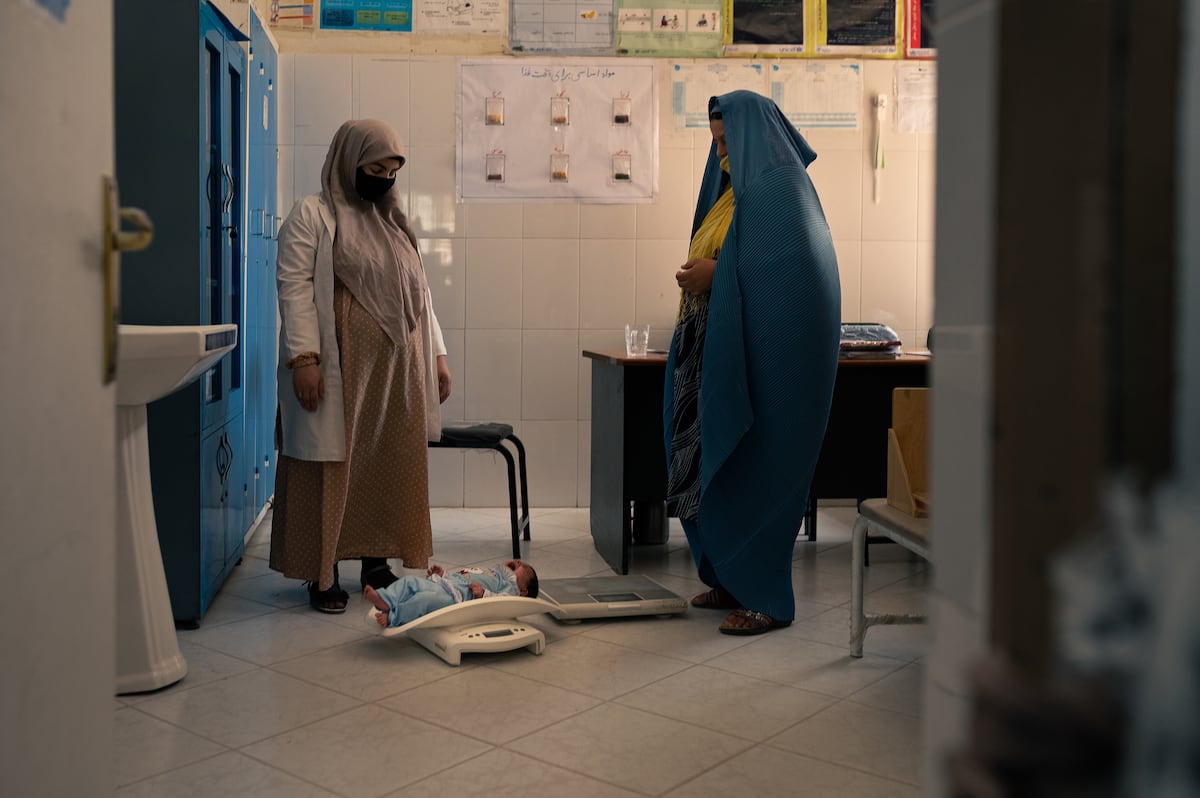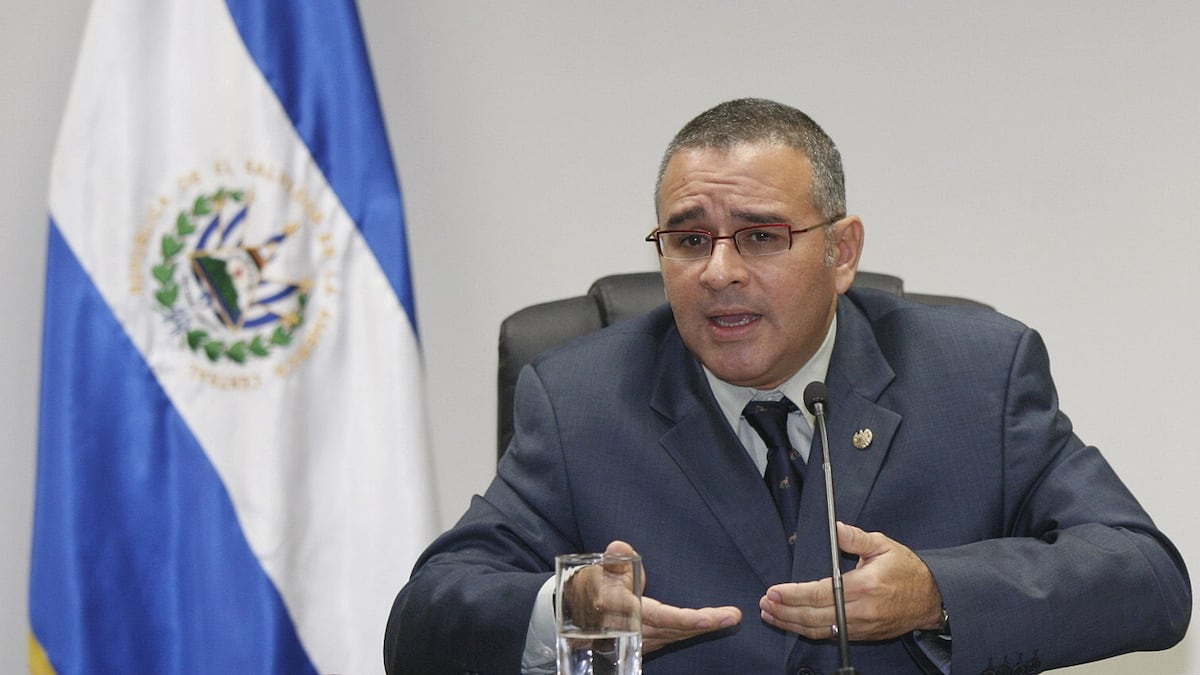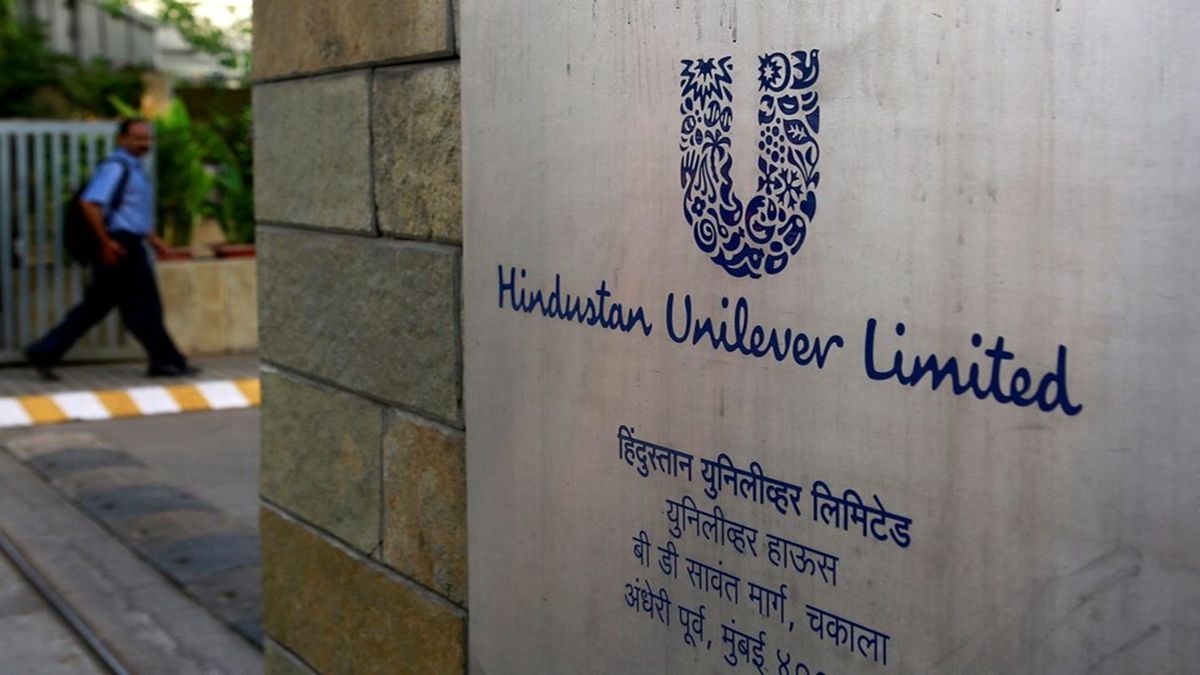No woman in Afghanistan will now be able to train as a doctor, dentist, nurse or researcher in the areas of health. Maulaui Hibatullah Ajundzada, the supreme leader of the fundamentalist Taliban movement, who has governed the country since 2021, approved a decree last Monday that adds to a previous one that already prohibits women from being treated by male medical professionals in some provinces of the country. In practice, this decision forces women to “do without health care, since there will be no female workers to treat them,” Human Rights Watch (HRW) has denounced.
The new decree was announced by Abdul Ghani Baradar, the group’s political leader, after a meeting at the Ministry of Public Health in Kabul, as confirmed by sources from that entity to the BBC. At the beginning of this year, the NGO released a 38-page report in which it stated that the “drastic reduction in financial and technical support (…) has seriously harmed the country’s health system.” At the same time, many health professionals “left the country or resigned from their jobs” after the fall of Ashraf Ghani’s pro-American government.
Already before the arrival of the fundamentalists to power, in 2021, the Asian country’s health care depended entirely on international support and the resources of the Afghans themselves: of the 2.8 billion dollars invested in health in 2019, 20 % was contributed by large donors (mainly the World Bank, USAID and the EU), 3% by the State and 77% was paid by citizens. Before his overthrow, the Ghani government also failed to make the necessary investments to ensure the sustainability of the public health system and, due to corruption, “several clinics built with donor money in some districts were empty: ghost clinics without staff,” highlights the HRW report.
🔊Sound on!
In a heartbreaking video, female students at the Badakhshan Medical Institute in Afghanistan are seen singing and weeping in the hallways, devastated by the Taliban’s decision to ban women from studying midwifery and nursing.#EndGenderApartheid pic.twitter.com/Wmnft3cad4
— End Gender Apartheid (@EGACampaign) December 3, 2024
Humanitarian aid organizations have assumed part of the health care of the 40 million Afghans, but measures such as the one adopted this Monday by Ajundzada aggravate a situation in which NGOs already face shortages of medicines and health care equipment. Regarding the ban on women being treated by male health professionals in some provinces, HRW has noted that there is “a lack of clarity about these rules and the fact that they may differ depending on location.” After making this decision, the Taliban have summoned the directors of private medical institutions to inform them that they will no longer be able to teach female students.
The siege that the Taliban has imposed on Afghan women has tightened since — in September 2021 — the fundamentalists banned girls from attending secondary school after the sixth grade. In December 2022, their access to higher education was banned. Women’s rights defenders have “faced serious retaliation” by the Taliban, with physical attacks, arbitrary detentions, torture, sexual violence and forced disappearance, HRW denounces. According to the NGO, this regime “has imposed rules that systematically violate the rights of women and girls in most aspects of their lives,” to the point that “they cannot even go to a gym or walk down a street.” park,” said Sahar Fetrat, women’s rights expert at HRW.
The executive director of Unicef, Catherine Russell, has regretted the new decision of the Taliban: “this ban would further limit the ability of women to contribute to society and would have consequences for the health of the Afghan people,” she said on Wednesday in her account of The European Union also rejected the measure in a statement, in which it stressed that the decision is “an unjustifiable attack on women’s access to education.” The Taliban authorities have not confirmed the measure to the press, Radio Free Europe emphasizes and the BBC.
.@Unicef is alarmed by reports that the de facto authorities in #Afghanistan plan to ban women from studying in medical faculties.
A ban would further limit women’s ability to contribute to society & have consequences for the health of the Afghan people. https://t.co/PJbZeWyKA8
—Catherine Russell (@unicefchief) December 4, 2024
Several medical students have told US public radio NPR that they were not allowed to attend classes this week. The station highlights that, in February of this year, women had been able to access nursing and midwifery courses thanks to an “important legal loophole”, linked to the prohibition of medical care for women by male health professionals . That door—one more of those left open for Afghan women—has slammed shut.










